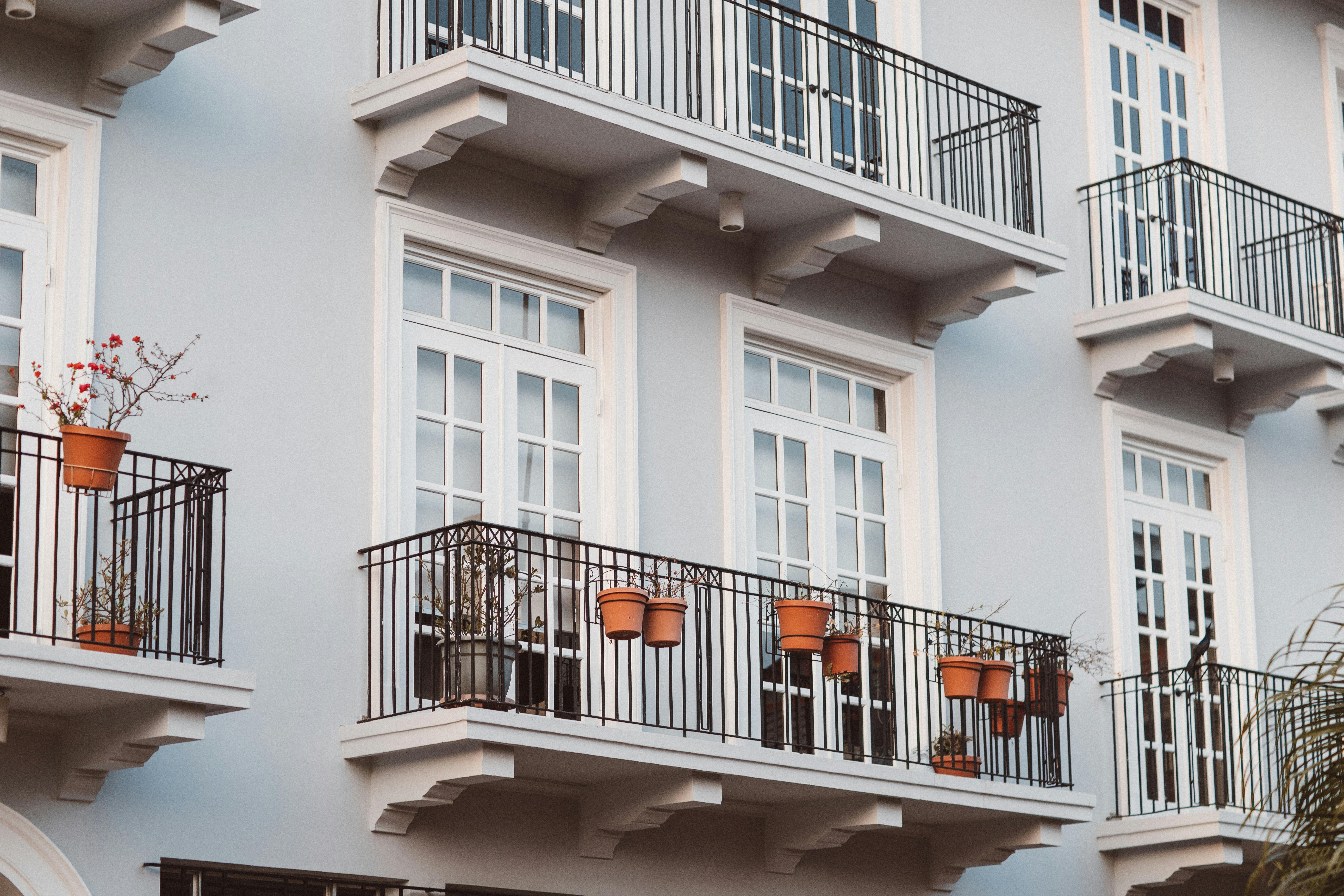There are basically two concerns that need to be addressed when deciding what type of electrical cord to use in the home: one is the size of the electrical cord, and the other is the safety issue related to the condition of the wiring. Let’s know in this article how to know what size and what type of electrical cable to use for the home!
Use the correct size power cord!
As far as wire size goes, it is determined by the wire gauge system, plus you also need to pay attention to wire capacity and what the wire will feed. When the gauge of the wire is smaller, its speed increases. Ampacity can be explained as the safe amount of current a wire can handle without getting hot enough to start a fire. Some of the more popular appliances and necessities found in most homes, their ampacity rating (in parentheses), and required wire gauge are listed below for guidance.
- Low Voltage Lamp & Lighting Cords (10 Amp) – 18 Gauge
- Extension Cords (13 Amp) – 16 Gauge
- Air Conditioners (110 Volts), Sump Pumps, Kitchen Appliances (20 Amp) – 12 Gauge
- Clothes Dryers, Window Air Conditioners, Built-In Ovens, Water Heaters (30 Amp) – 10 Gauge
- Kitchen Countertops (45 Amp) – 8 Gauge
- Ovens, Large Electric Heaters (60 Amp) – 6 Gauge
- Ovens, Large Electric Water Heaters, Subpanels (80 Amp) – 4 Gauge
- Service Panels, Sub Panels (100 Amp) – 2 Gauge
- Service entrance (150 amps / 200 amps) – 1/0 gauge / 2/0 gauge
Use safe jacketed power cord!
A suitable plastic covered cable, called NMC or non-metallic jacketed cable, has hitherto been considered ideal for indoor wiring. There are many types of non-metallic cables of this type. However, the three basic ones are NM, NMC and UF power cables.
- For normal indoor electrical wiring, such as lighting and outlet circuits, use NM electrical wires.
- Use NMC power cords above ground or in wet areas indoors because they are well insulated and very safe to use in these areas.
- UF or underground feeder is an electrical cable that can be used outdoors underground. Sometimes these cables are not safe to use above ground, as sunlight can destroy the cable sheathing. Therefore, please restrict the use of UF cables only for underground.
